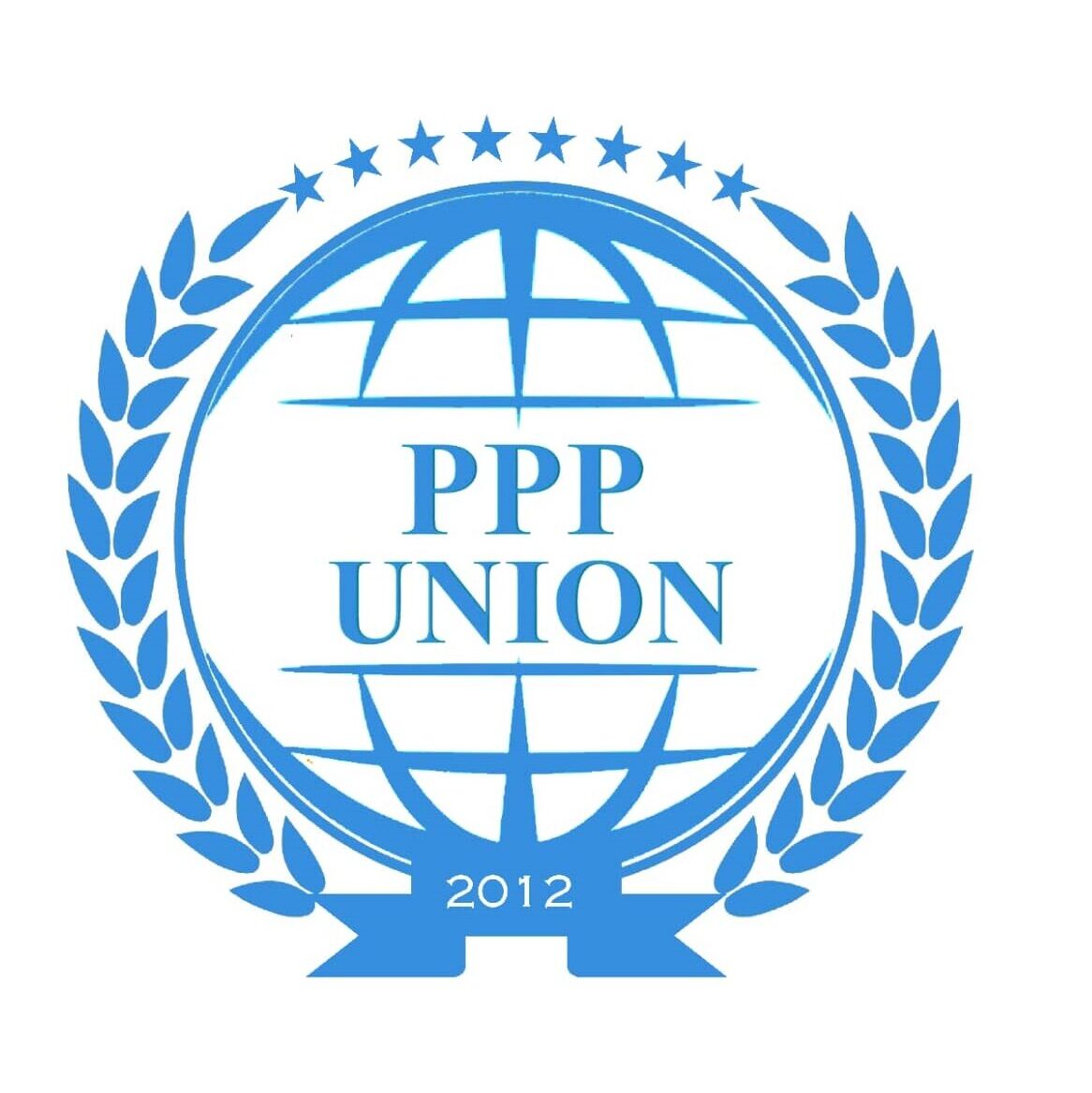Public-private partnerships (PPPs) are a tool that help governments leverage the expertise and efficiency of the private sector, raise capital, and spur development. They also help allocate risk across the public and private sectors to where it can best be managed and ensure that resources are wisely distributed in addressing the most urgent development needs.
IFC’s advice in PPPs is helping national and municipal governments in developing countries partner with the private sector to improve access to education, energy, transport, healthcare, and sanitation.
Today, 789 million people live without electricity, 2.2 billion people lack access to safe drinking water, and 4.2 billion lack modern sanitation services. To address these gaps, the public and private sectors need to work together.
Through Public-Private Partnerships (PPPs), governments partner with the private sector to deliver a public service in line with strict service criteria. The government establishes the project objectives, while the private sector takes responsibility for meeting them. Payment on delivery and risk sharing help keep the private partner focused on delivering quality public services that help meet national development goals.
In advising governments on implementing PPPs, we focus on the regions and sectors with the greatest needs. As the lead advisor, we work closely with governments providing advice on technical, legal, and regulatory requirements; building capacity; addressing social and sustainability issues; and devising the strategies necessary to deliver successful PPPs.
Part of the World Bank Group (WBG), IFC draws on the WBG’s expertise in sector policy, legal and regulatory frameworks, institutional reforms, tariff structures and regulation, and international best practice. Leveraging the breadth and depth of these resources complements IFC’s transaction structuring role.


